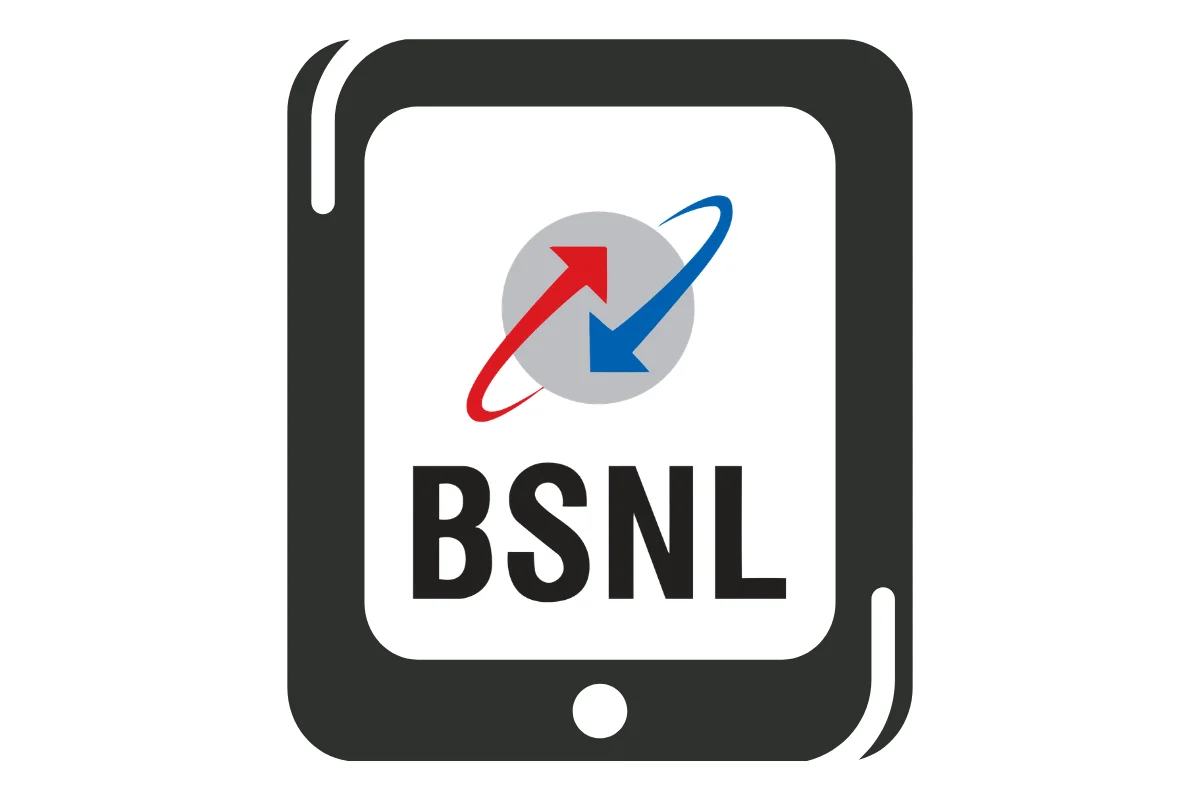
Whenever Bharat Sanchar Nigam Limited (BSNL) launches 4G services pan-India, it will completely change the competition structure of the Indian telecom. The state-run telco is surviving through its revival package and fixed-line broadband connections at the moment.
Millions of users are still utilising 2G and 3G networks of the telco. Thus the telco might not shut down its older-general networks, but it is in immediate need of launching 4G services.
This is because it will help the telco increase its average revenue per user (APRU) that will further improve its overall revenues. More importantly, it might make the private operators a little nervous.
BSNL 4G Will Increase Market Competition, Telcos Might Offer Aggressive Plans
BSNL is eyeing launching a hybrid 4G network. The telco has communicated the same with the Department of Telecommunications (DoT). But the operator is yet to receive any response for it.
If BSNL is allowed to go with hybrid 4G, it might roll-out 4G services in the next 10 months. This should make Jio, Airtel, and Vodafone Idea (Vi) nervous.
At present, the private operators don’t see BSNL as a threat at all. Vi is anyway losing subscribers every quarter. But if BSNL launches 4G and avails it at a low-cost to the users with unique offers, it should rapidly increase its market share in mobile services.
Each telco will be more active in terms of offering aggressive offers. At that time, if BSNL is offering cheaper 4G, telcos will be reluctant to even think about tariff hikes. But all of this is only possible if the government allows BSNL to go with its hybrid 4G plans.
Otherwise, if BSNL has to go ahead with equipment and technology from India companies, it will take the telco at least two more years to launch its 4G services in the country.















